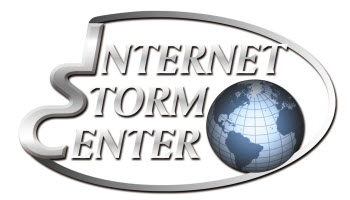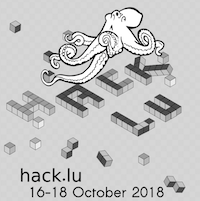I published the following diary on isc.sans.edu: “Crypto Mining in a Windows Headless Browser“: Crypto miners in the browser are not new. Delivery through malicious or compromised piece of javascript code is common these days (see my previous diary about this topic). This time, it’s another way to deliver the



